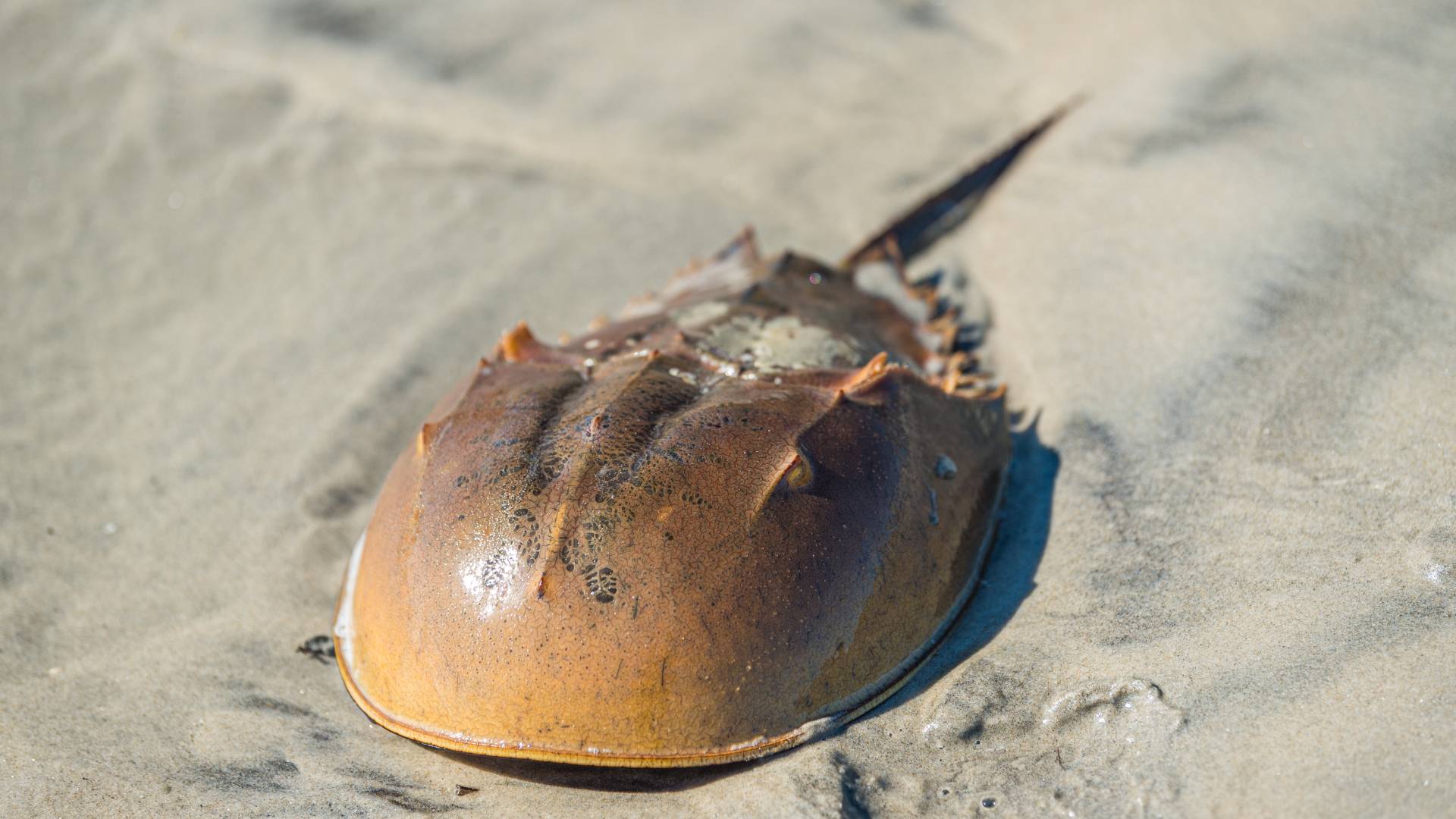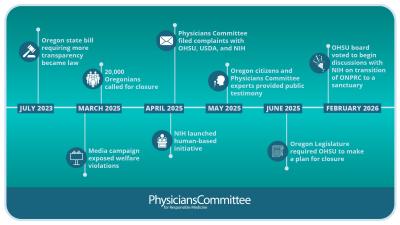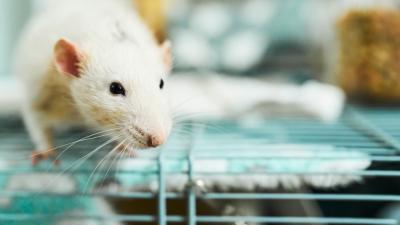Historic Policy Change: Pharma Now Has Green Light to Save Horseshoe Crabs

Today, policy change goes into effect that allows companies to stop using horseshoe crab blood in the safety testing of new products.
The United States Pharmacopeia, a quality standards group that indicates which tests are accepted in manufacturing, has published for early adoption a policy that now allows the use of non-animal derived tests. This change will benefit and protect wildlife as well as improve accuracy within the pharmaceutical testing process.
Horseshoe crabs are remarkable animals that have lived on Earth since the time of the dinosaurs. They have survived so much – mass extinctions, asteroid impacts, and numerous other threats to their existence. Through the millennia, they have come to belong to a diverse coastal ecosystem that includes shorebirds, fish, sea turtles, sharks, raccoons, and foxes. In recent decades, horseshoe crabs have faced a new threat; they are caught in the wild, restrained, and bled through a needle to the heart. This is because horseshoe crab blood is used in some versions of a very important safety test.
During product manufacturing, makers of injectable drugs, vaccines, and implanted medical devices must test every batch of the product to ensure they are free of contaminants called endotoxin. Endotoxins can cause toxic effects like fever, septic shock, and inflammation. An enzyme found in the blue blood of horseshoe crabs clots in the presence of endotoxin. Fortunately, multiple testing options are now commercialized that allow companies to skip the blood-based tests, instead opting for the horseshoe crab-free versions that tout a well-rounded suite of advantages.
- Scientific: Blood-based endotoxin tests are known to indicate false positives, meaning that with frequency they incorrectly indicate the presence of contaminants when contaminants are not present. As a synthetic product, the horseshoe crab-free tests do not contain the enzyme that triggers false positives. Why not avoid this issue altogether by going horseshoe crab-free?
- Supply Chain: Horseshoe crab-free methods help avoid supply chain vulnerabilities associated with depending on the blood of wild animals that are subject to environmental pressures, instead offering a stable, scalable supply chain not subject to environmental pressures. Many of the remaining horseshoe crabs in the United States are located in the Delaware Bay. What happens in case of an oil spill?
- Economic: Given the high cost of medical products, companies must do all they can to keep the cost of research and development down. In the case of a supply chain disruption, it is reasonable to expect price hikes. Why not adopt the synthetic versions as a protective hedge against potential price hikes?
- Environmental: Horseshoe crabs are in trouble, negatively impactful the individual animals, the species, and other animals as well. Declining and unwell horseshoe crabs have already impacted shorebirds that depend on the eggs of the horseshoe crab for sustenance on their migratory paths. For example, the red knot, which makes its way to the Delaware Bay from South America and relies on horseshoe crab eggs to fuel their long migration, is now threatened. Adopting horseshoe crab-free methods allow companies to meet sustainability and environmental goals.
- Animal Protection: To obtain the blood of horseshoe crabs, the animals are taken from the coast and transported to bleeding facilities, where as much as 1/3 of their blood is drained. The research and testing community has widely accepted the principle of replacement of animal testing where possible, meaning that nonanimal methods be used where available and applicable. The many available synthetic versions allow companies to safely test for endotoxin while reducing and replacing animals, which helps companies carryout goals around reduction and replacement of animal testing.
Despite these benefits, until today, policy has made it difficult for companies to make the switch. In pharma, Eli Lilly has crusaded this cause. As early adopters of the horseshoe crab-free tech, Lily has already transitioned 80% of its testing to the horseshoe crab-free options and is working to close out use of horseshoe crab blood completely. Multiple other companies are moving in the direction of horseshoe crab-free methods, having transitioned varying amounts of their testing, but many have been awaiting this policy change to support making the switch.
Indeed, the business case for making the switch and sparing horseshoe crabs has never been stronger. When science progresses, we can do better, helping people and protecting animals. Let’s celebrate this win for horseshoe crabs and for humans!







